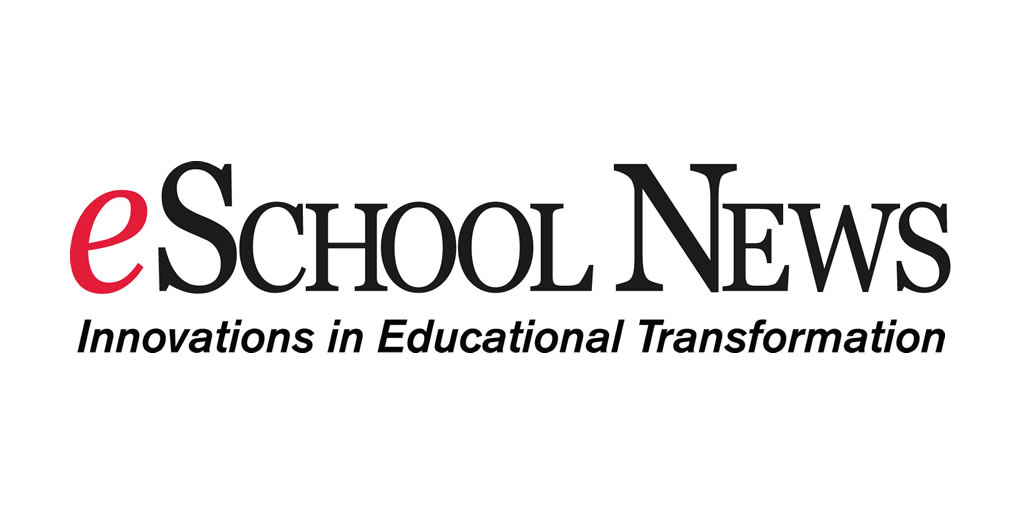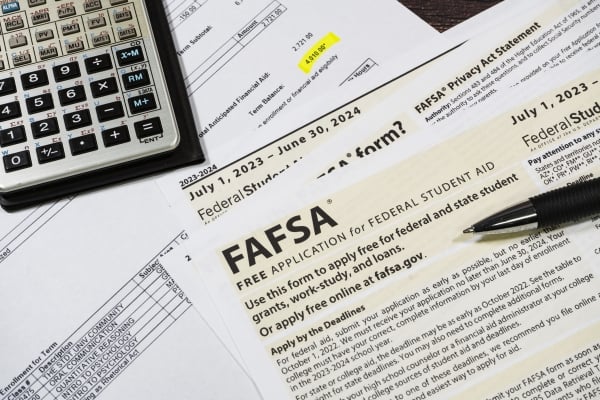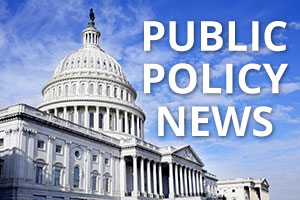The University of Austin announced Wednesday that Republican megadonor Jeff Yass is donating $100 million, it’s “ending tuition forever” and it will also “never take government money.” At the same time, it said Yass’s gift represents the first third of “a $300 million campaign to build a university that sets students free.”
University president Carlos Carvalho told Inside Higher Ed he doesn’t plan for this $300 million to become an endowment meant to last forever. Instead, he said it will be invested but spent down as a “bridge” until the institution produces enough donating alumni to keep tuition free. He estimated this will take 25 years, “give or take.”
“We understand there’s risk in this approach,” Carvalho said. But he said he believes in the product, calling his students his “equity partners”—but stressed that “all they owe is their greatness.”
When the institution welcomed its first class of students last fall, it said annual tuition was $32,000, but Carvalho said nobody has ever paid tuition. The university still hasn’t earned accreditation, which can take years, but the state of Texas allowed it to grant degrees and the Middle States Commission on Higher Education, an accrediting body, has granted it candidate status on its path to recognition. The university says it expects to complete “the first accreditation cycle” between 2028 and 2031.
Yass—a billionaire co-founder of financial trading firm Susquehanna International Group and a significant investor in TikTok owner ByteDance—was very recently in the news for other gifts. He had backed Republicans in a bid to end the Pennsylvania Supreme Court’s Democratic majority, but voters reappointed all three justices up for re-election to another decade on the bench (though one is required to retire in a few years). He’s also provided millions in support of private K–12 school vouchers and electing Republicans to Congress.
He told The Wall Street Journal, which broke the news of the University of Austin gift, that he’s been impressed by the university, wants to eliminate stress for parents and supports separation between education and government. His donation to the fledgling institution—which Carvalho said is atop Yass’s previous $36 million gift—is another example of its continued support from prominent conservatives. Carvalho said the university has raised more than $300 million, including the $100 million going toward the new $300 million campaign. The Journal reported that real estate developer Harlan Crow, who controversially funded trips for U.S. Supreme Court Justice Clarence Thomas, and Peter Thiel, a co-founder of Palantir and friend to Vice President JD Vance, have been among the donors.
Such donations may enable the university to do what other universities can’t: rely neither on student, nor state, nor federal contributions to survive. Instead, the university says it’s banking on alumni sustaining it. The first group of students is slated to graduate in 2028.
“Our bet: Create graduates so exceptional they’ll pay it forward when they succeed, financing the tuition of the next generation,” the university said in its announcement. “When our students build important companies, defend our nation, advance scientific frontiers, build families, and create works that elicit awe, they’ll remember who made their excellence possible. And they’ll give back.”
It went on to say that “other Americans will take notice” and invest. “Every other college gets paid whether students succeed or fail. At UATX, if our graduates don’t become essential to American excellence—and if their work doesn’t inspire others to fund this mission—we’re done.”
Some higher ed observers are skeptical. Mark DeFusco, a principal at Prometheus Education, which performs mergers and acquisitions for troubled colleges, said running a “serious college … a college as we know it” on just a $300 million fund would be “nearly impossible.”
“If they can pull it off, God bless ’em,” DeFusco said. “While I really understand their urge, the practicality doesn’t seem like it’s possible, and I’d like to see the details.”
Carvalho said the university currently has 150 students in its freshman and sophomore classes, and he plans to grow total enrollment to 400 to 500 for now. “We need this first phase of growth to be small,” he said.
“We talk about building the Navy SEALs of the mind,” he said. “The Navy SEALs are not a class of thousands and thousands.”
He said the university offers courses in, among other things, computer science, journalism and prelaw, and wants to launch programs in all three areas. One of the university’s founders is Bari Weiss, who also founded The Free Press and recently became editor in chief of CBS News.
Other universities have also tried to jettison tuition in favor of alumni support. In 2021, Hope College in Michigan aimed to raise $1 billion for its endowment in order to go tuition-free. As part of that plan, students would commit to donate to the college after graduation. The first cohort graduated this past spring, and 126 students have participated over the first four years, according to an annual report from the college. Roughly 85 percent of the graduating seniors and 70 percent of freshmen through juniors have donated.
Neal Hutchens, a university research professor and faculty member in the University of Kentucky’s College of Education, said the no-tuition, no-government-funding plan raises questions about how large UATX could grow and whether its model could be replicated elsewhere.
He also noted that the university’s marketing of itself as against the grain of academe isn’t unique. A video on UATX’s homepage critiques “coddling,” “virtue signaling” and the “disastrous” state of higher ed “in the Western world,” complete with images of a building with a rainbow-colored sign above an entrance, people wearing cloth masks while blowing into instruments and pro-Palestine protesters being arrested. In the video, Weiss says to understand why “the museums you love, and the publishing houses you love, and the newspapers you used to trust” are “hollowed out, you have to look at the nucleation point for this—and that is the university.”
Hutchens said New College of Florida, a public institution taken over by Gov. Ron DeSantis’s conservative board appointees, appears to be charting “a similar iconoclastic path.” He noted New College took a public stand early against what some call wokeness.
“That’s not necessarily been an easy fix for New College to just automatically thrive,” he said. He said he’s curious if such institutions are going after the same donors, and they may eventually be competing more with one another than the institutions they’re setting themselves apart from.
However, Hutchens said, UATX might be able to gain currency in the tech industry and make further inroads with people with deep pockets.
“It doesn’t take too many $100 million gifts to add up to a pretty good endowment,” he said.
Asked about assertions that his university pushes conservative ideology, Carvalho said, “We have a core curriculum that is teaching the best that has been done and has been seen in the Western tradition,” from philosophy to science, literature and more. He said none of those things are conservative.
“We do have an institution that’s very patriotic,” he said, adding that if that’s a “conservative statement these days—again, not my choice.”












